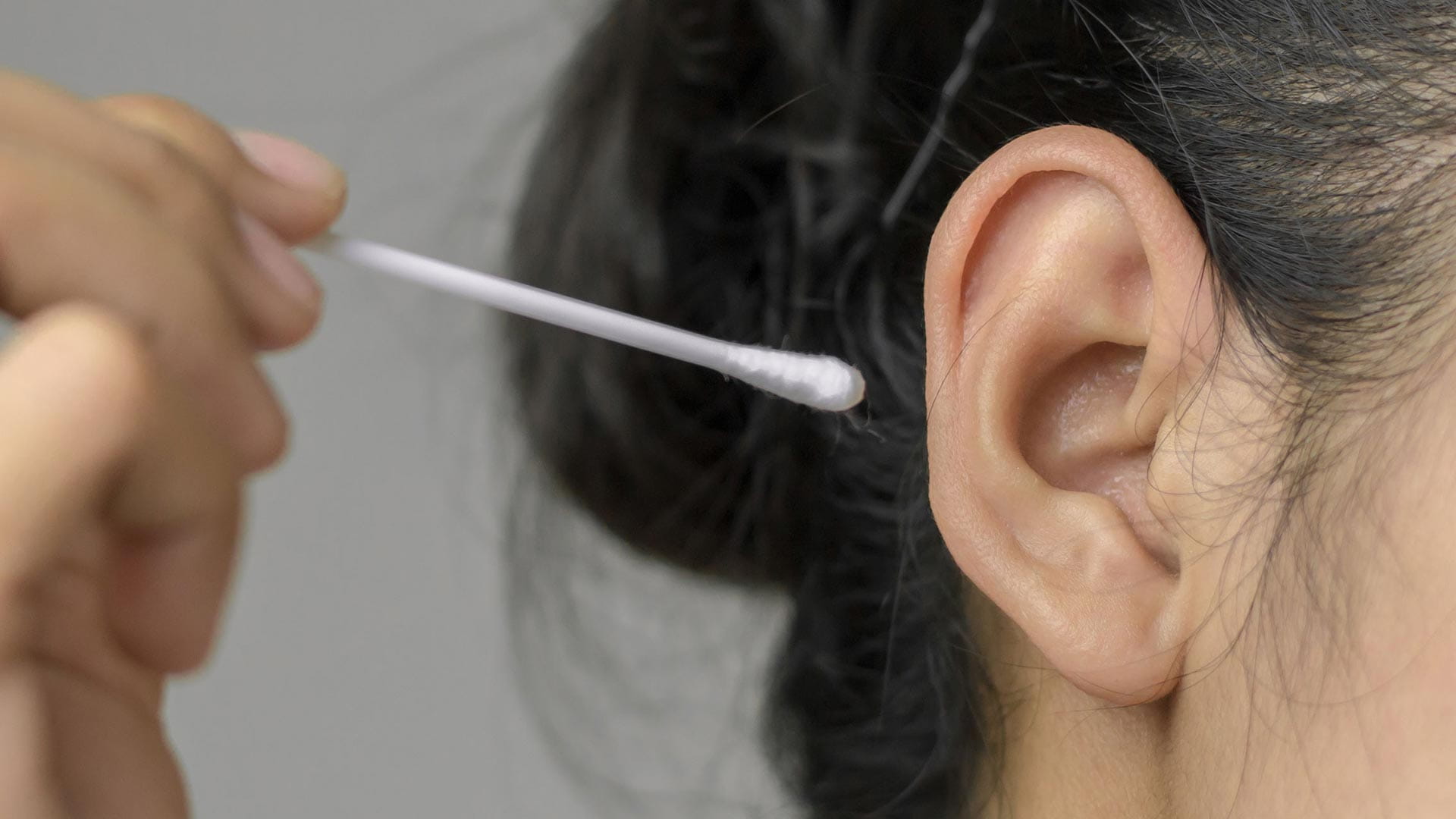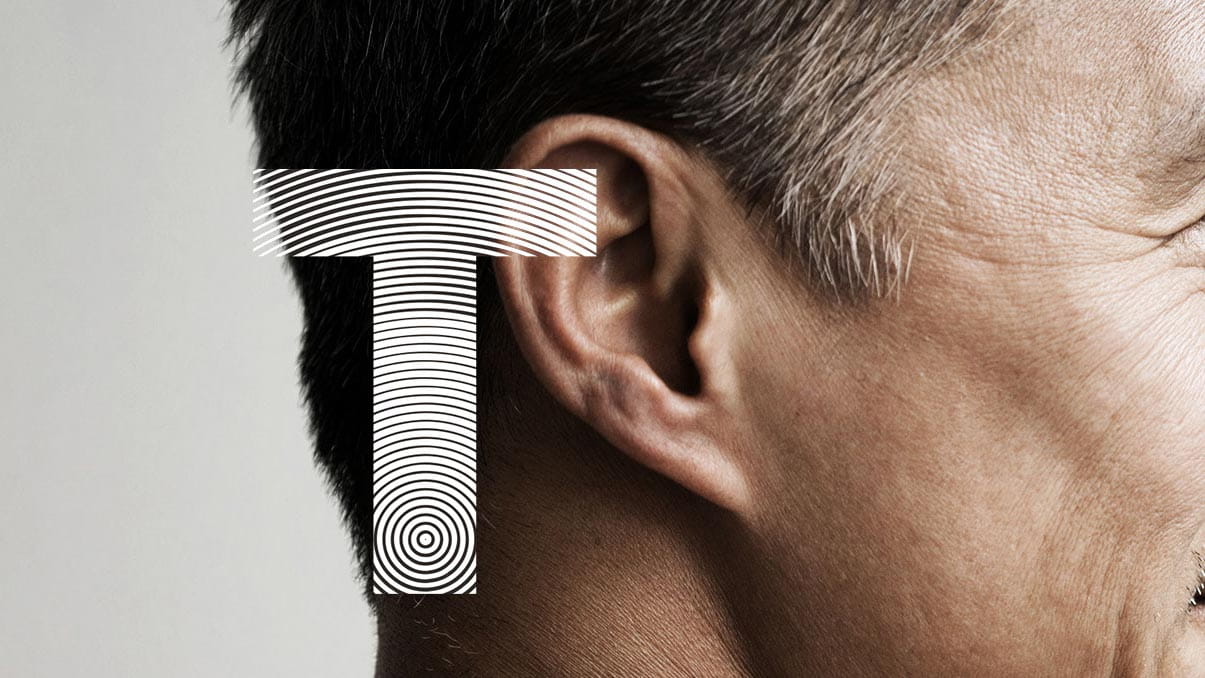

What causes tinnitus?
Struggling with tinnitus? Before you can receive proper treatment, it’s important to figure out why it’s happening.
Tinnitus can be caused by:

Noise-induced hearing loss
Noise exposure is the most common cause of tinnitus worldwide. Spending a lot of time around noisy machinery or loud concerts, for example, can lead to noise-induced hearing loss. Military veterans are also an at-risk group for tinnitus due to noise exposure. It is also possible to develop hearing loss and tinnitus after exposure to loud music via headphones and earbuds.
Wax build-up


Issues with the temporomandibular joint (TMJ)
The temporomandibular joint is a small disk in your jaw that helps you open and close your mouth. It can be damaged or malformed for several reasons, including face or neck injuries. Along with discomfort, pain, and problems with the jaw, TMJ problems can also lead to tinnitus due to proximity to the ear. In these cases, a hearing care professional might recommend that you seek help from a dentist for your TMJ syndrome. Speak with your hearing care professional if you are experiencing jaw issues and tinnitus.
Other medical conditions
Is tinnitus therapy right for me?
Signia hearing aids have a variety of therapy options for people with tinnitus. Your hearing care professional can help you find out which one is right for you.

Be Brilliant and keep up to date
Test your hearing now
Our online hearing test provides fast resulsts.
Looking for personal care?
Find your hearing care professional
Keep up-to-date
Read our latest blog posts
FAQs
Related articles

Is there a relationship between earwax and tinnitus?
How are earwax and tinnitus related, and can earwax removal methods cause tinnitus?
...click to read more

Dispelling the myths about tinnitus and its causes
Tinnitus can produce lingering, phantom-like noises and it affects roughly 360 million people worldwide.
...click to read more

Is the ringing in my ears tinnitus or TMJ?
People with tinnitus or TMJ (temporomandibular joint disorder) might have trouble telling which one they actually have.
...click to read more